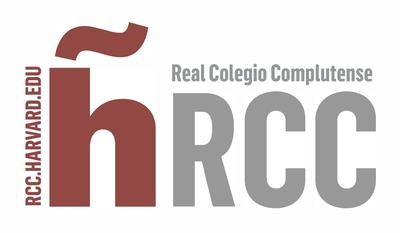Date:
Location:
In Nomos of the Earth, Carl Schmitt underscores the intimate connection between law and territory: “nomos is the immediate form in which the political and social order of a people becomes spatially visible” (Nomos of the Earth, 70). Michel Foucault’s complementary point is that “[t]he successes of history belong to those who are capable of seizing these rules, to replace those who had used them, to disguise themselves so as to pervert them, invert their meaning, and redirect them against those who had initially imposed them” (“Nietzsche, Genealogy, History,” 86). Cultural forms do play a crucial role in the visibilization not only of space but its regulation.
However, the practical articulation of rules and the locale where they apply and are implemented may be deployed to reaffirm or to unsettle domination. Aesthetics and the law are imbricated in their world-shaping force, which bears significant consequences for the conceptualization and implementation of the relatively autonomous norms of cultural fields; the local, national, international, and transnational balance of cultural, economic, and political power; and the tense negotiation between action, representation, performance, and judgment.
Click here for the full program.
During the Fourth International Conference in Transatlantic Studies: “Spaces of Law,” we hope to elucidate the historical co-constitution of law and space in Transatlantic culture, map their unfolding in networks of central and peripheral agents and institutions, and trace genealogies and trajectories of the forces that constitute them. What laws govern (the often transnational) Transatlantic circulation, exchange, and contamination of ideas, tropes, genres, etc.? What spaces correspond to, imagine, or activate what forms of justice? What are the sites of the “seizure, replacement, perversion, inversion, and redirection” of the violence contained in laws implemented by those in power? How does the circulation of individuals affect those that inhabit that space and what are the legal ramifications of such spatial movements? How do the environment and communities settling into a new space affect each other? This conference attempts to bring together scholars from a myriad of disciplines in the humanities working on American, Latin American, and/or European humanities studies to explore the interrelationship that the senses and spatial constructions have had within their disciplines and in doing so build connections between both shores of the Atlantic.
Inaugural Session: Jose M. Martinez-Sierra. RCC Director; Daniel Aguirre Oteiza. Associate Professor of Romance Languages and Literatures; Harvard University; David Yagüe, Texas A&M.
Sponsors: RCC; Harvard University Department of Romance Languages and Literatures; Complutense University of Madrid.
Locations: RCC Conference Room, 26 Trowbridge St., Cambridge MA; Barker Center 114, Kresge Foundation Room, Humanities Center at Harvard University; Emerson Hall 305, Harvard University; Boylston Hall 105, Harvard University.
| spaces_of_law_program.pdf | 1.2 MB |

